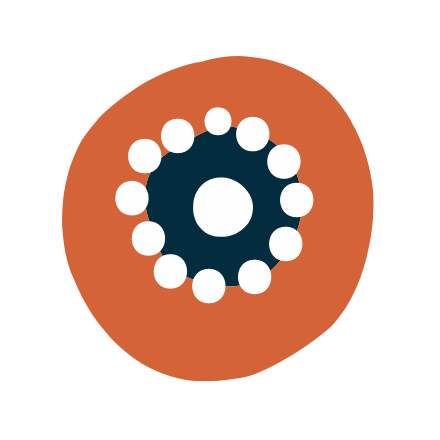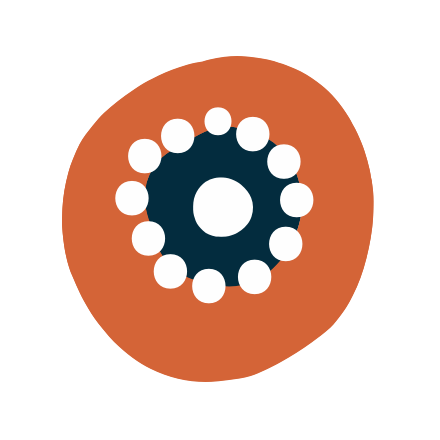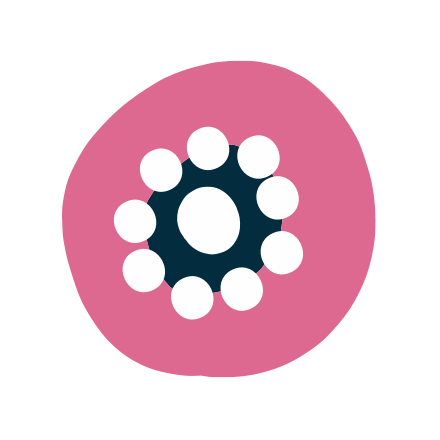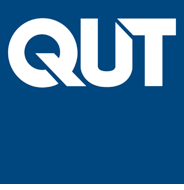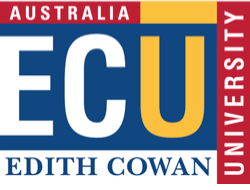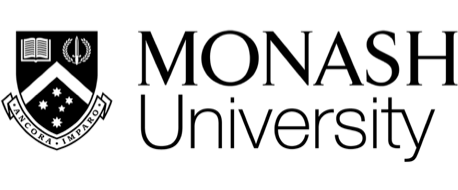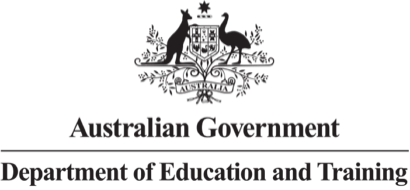Improving teacher education for the needs of Aboriginal and Torres Strait Islander students is a major Australian higher education and schooling priority area, with teachers and school leaders needing to ‘engage professionally with colleagues, parents/carers and the community’ (Standard 7, Australian Professional Standards for Teachers, AITSL) and to work inclusively with Aboriginal and Torres Strait Islander students and their families. This has been identified as the area in which beginning teachers feel the most underprepared. The resources developed by this project empower schools and teachers to build effective partnerships with First Nations peoples and communities, contributing to improvements in outcomes for all Aboriginal and Torres Strait Islander peoples.
In practice, this means all teaching graduates, experienced teachers, school leaders and initial teacher education providers need to know about the protocols of partnering with local Aboriginal and Torres Strait Islander Education Officers, Elders, families and community leaders to develop more inclusive, culturally appropriate and responsive teaching and learning approaches and strategies that enable student success. This project addresses the ‘how to’ of establishing, building and sustaining partnership work with Aboriginal and Torres Strait Islander parents and communities through an inquiry approach and provides resources and pathways for educators to increase not only their knowledge, skills and capabilities but most importantly their ability to develop their own professional learning journey through a self-reflexivity approach.
An expert national team of both Indigenous and non-Indigenous researchers and scholars has networked across Australia to achieve this goal. The project deliberately builds on the momentum for change and improvement in higher education and teacher education occurring at all education sector levels.
This project was tasked with delivering several resources. More information can be found about these in the following sections:
You can also read the final project report.
